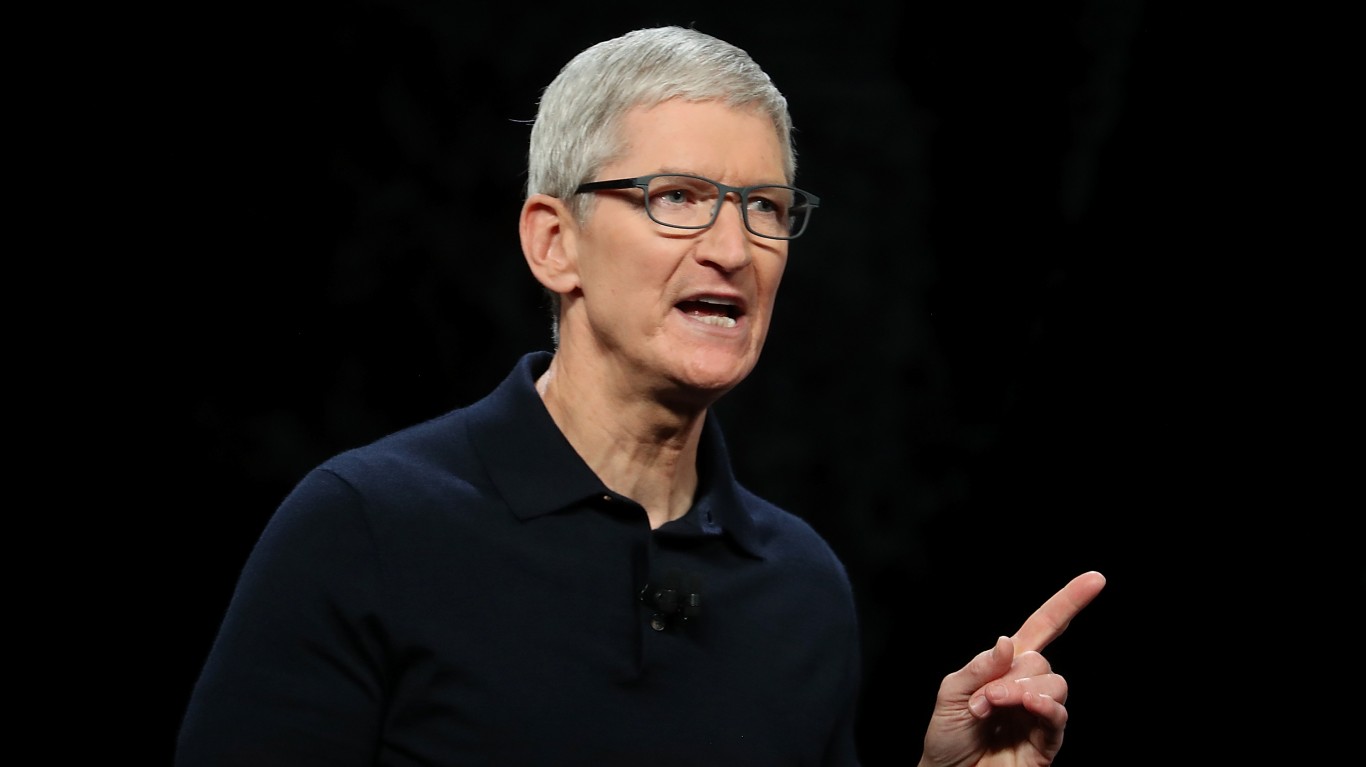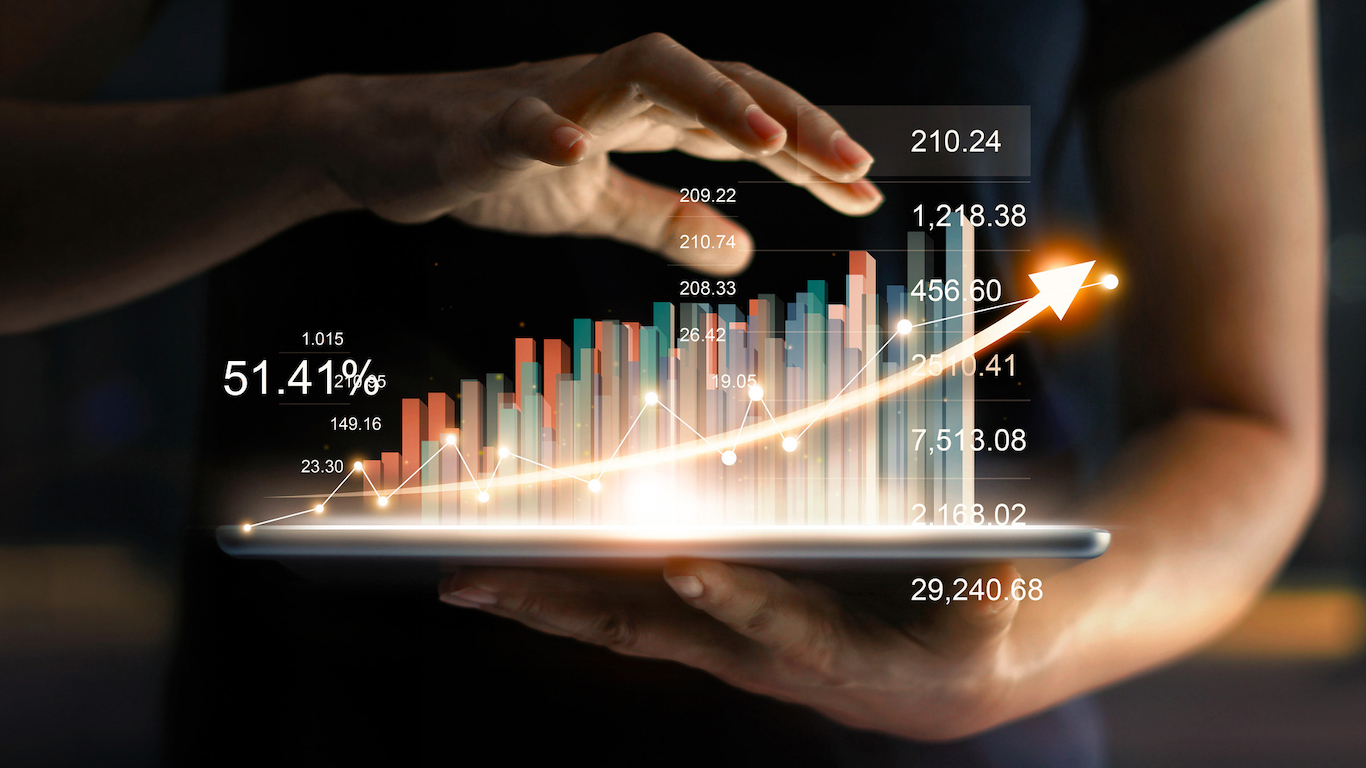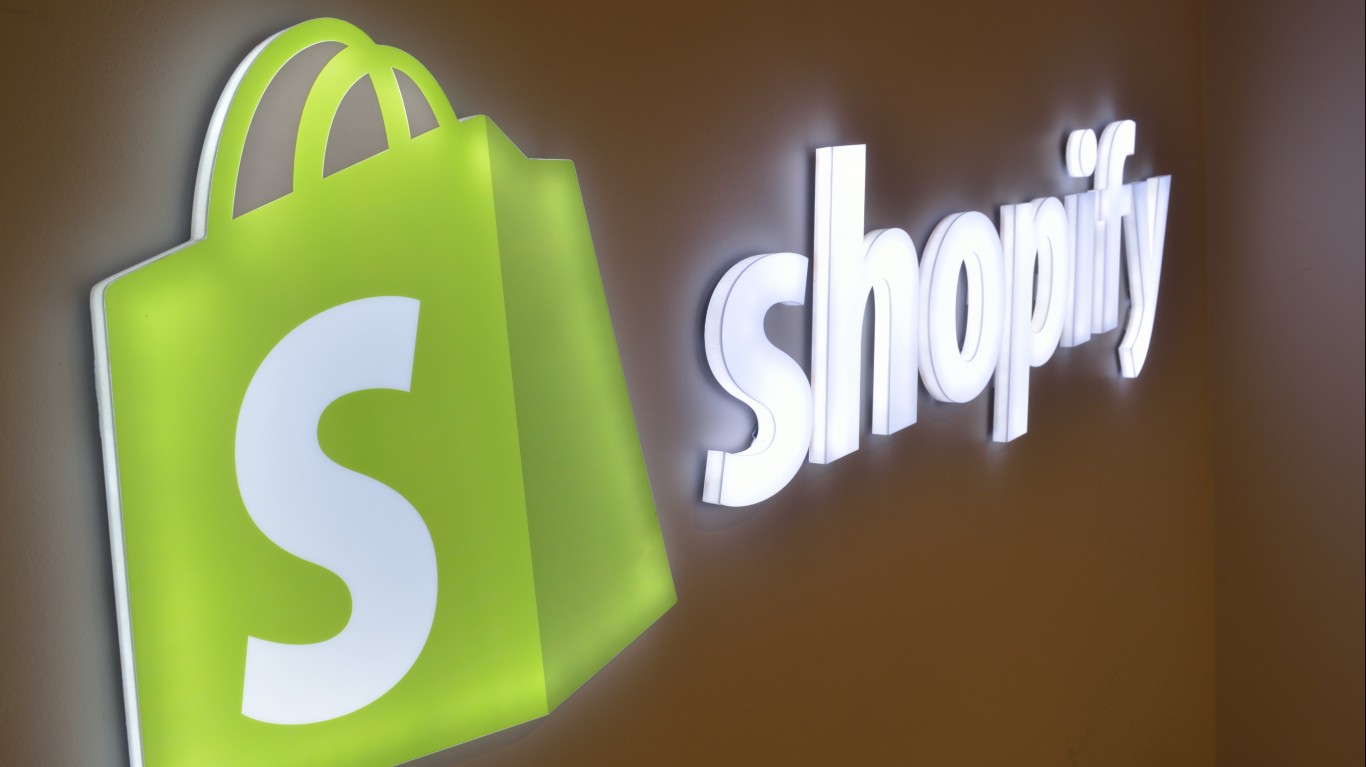
It has long been speculated that Big Tech will inevitably encroach on Big Finance. After all, smartphones have become the ultimate entry point into human activity – shopping, social engagement, and financial management.
In this newly created mobile digital world, interfacing with previously segregated arenas is fused, with one arena a click away from the other. No wonder companies that nurture their walled gardens will take advantage of the new setup.
And there is no garden more extensive and more nurtured than Apple’s.
Apple’s Trading Platform is Canceled or Postponed?
During the Fed’s historic money supply extravaganza, launched in March 2020, stocks and cryptocurrencies hit all-time highs. This abruptly stopped as the Federal Reserve began its interest rate hiking cycle from March 2022 onward.
During those two years, boosted by imposed lockdowns, retail stock trading became such a financial force that hedge fund managers had to scrap their technical analysis modeling.
“The herd has learnt how to use the technology of Wall Street against them.”
David Nadig, Chief Investment Officer at ETF Trends
Seeing that retail masses have become a “breeding ground for targeted disruption of companies,” courtesy of Robinhood having pioneered zero-commission trading, Big Tech took note. It turns out Apple had been readying its response by building investing features into its ecosystem.
According to two insider Apple sources, the $2.7 trillion juggernaut started building its stock trading app during the lockdown-hype period. The delivery was supposed to happen in 2022, just when the market took a U-turn, courtesy of the Fed’s hiking cycle.
This put Apple in a precarious position. On one hand, iPhone users could have had integrated access to trading, which would likely boost Apple’s bottom line. One pitch in that direction was supposed to incentivize users with extra cash to put them into APPL shares.
On the other hand, as the Fed suppressed the financial markets by making capital more expensive, there was internal anxiety that Apple itself would be blamed for inevitable losses. Ultimately, the latter side prevailed, and the plan for the Apple stock-trading app was scrapped.
Nonetheless, insider sources insist that the consumer-investing app is ready to go if Apple deems it is the right time.
Goldman Sachs as Apple’s Financial Bridge
Although Apple has sufficiently deep pockets to apply for and satisfy regulatory banking requirements, carving a piece out of an entrenched market is no small matter. Whether Apple’s approach is tentative or not, Goldman Sachs is the beneficiary of Apple’s expansion into consumer finance.
As Apple scrapped the investing feature, Goldman Sachs launched the more conservative Apple Card Savings account on April 17, 2023. Since then, Apple served as a bridge to put over $10 billion in deposits into Goldman Sachs’ coffers. The yield is generous, at 4.15% annual percentage yield (APY).
The savings feature was a natural evolution from Apple Card, Apple Pay, and Apple Wallet. Moreover, Apple has been successful in their goal for Apple Card Savings, in that 97% of customers opted to deposit their Daily Cash into the account automatically.
Daily Cash is another sign that Apple approaches finance as one would approach app design. The feature incentivizes users to prioritize Apple Card payments via cash-back vouchers. Depending on partnered merchants, users can receive up to 3% Daily Cash during online shopping.
In addition to base savings, Goldman provided Apple with a buy-now-pay-later (BNPL) feature. Apple Pay Later allows users to split purchases ($50 – $100) into four installments over six weeks with zero fees and incurring interest rates.
X Could Make Stock Trading Even More Competitive for Apple’s Entry
It is safe to say that, while building the stock-trading app, Apple had likely scrutinized all the Robinhood UI tricks on maximizing user engagement and ease of access. It may have gamified and streamlined stock trading to an even greater level. It would’ve only led to greater public pushback in the currently volatile markets.
If one takes Apple’s commitment to launch the app in steadier market waters for granted, this will likely happen in late 2024. That’s when the Fed’s dot plot projects a shift from higher to lower interest rates.
In the meantime, Elon Musk’s freshly rebranded X is ramping up to launch its stock/cryptocurrency trading take, courtesy of partnership with eToro. So far, X has obtained money transmitter licenses in seven US states – Arizona, Maryland, Georgia, Michigan, Missouri, New Hampshire and Rhode Island.
These are the same regulatory mechanisms that allow Western Union and PayPal to function as payment processors. However, it is unclear how far the vaunted “everything app” will go. Despite X having dedicated finance communities, Apple’s branding may yet pull its weight.
This article originally appeared on The Tokenist
Cash Back Credit Cards Have Never Been This Good
Credit card companies are at war, handing out free rewards and benefits to win the best customers. A good cash back card can be worth thousands of dollars a year in free money, not to mention other perks like travel, insurance, and access to fancy lounges. See our top picks for the best credit cards today. You won’t want to miss some of these offers.
Flywheel Publishing has partnered with CardRatings for our coverage of credit card products. Flywheel Publishing and CardRatings may receive a commission from card issuers.
Thank you for reading! Have some feedback for us?
Contact the 24/7 Wall St. editorial team.





